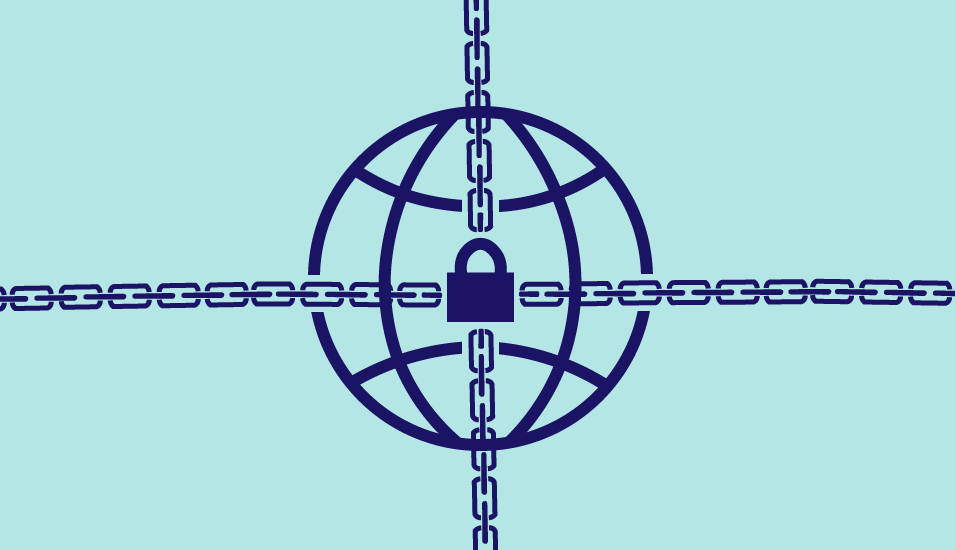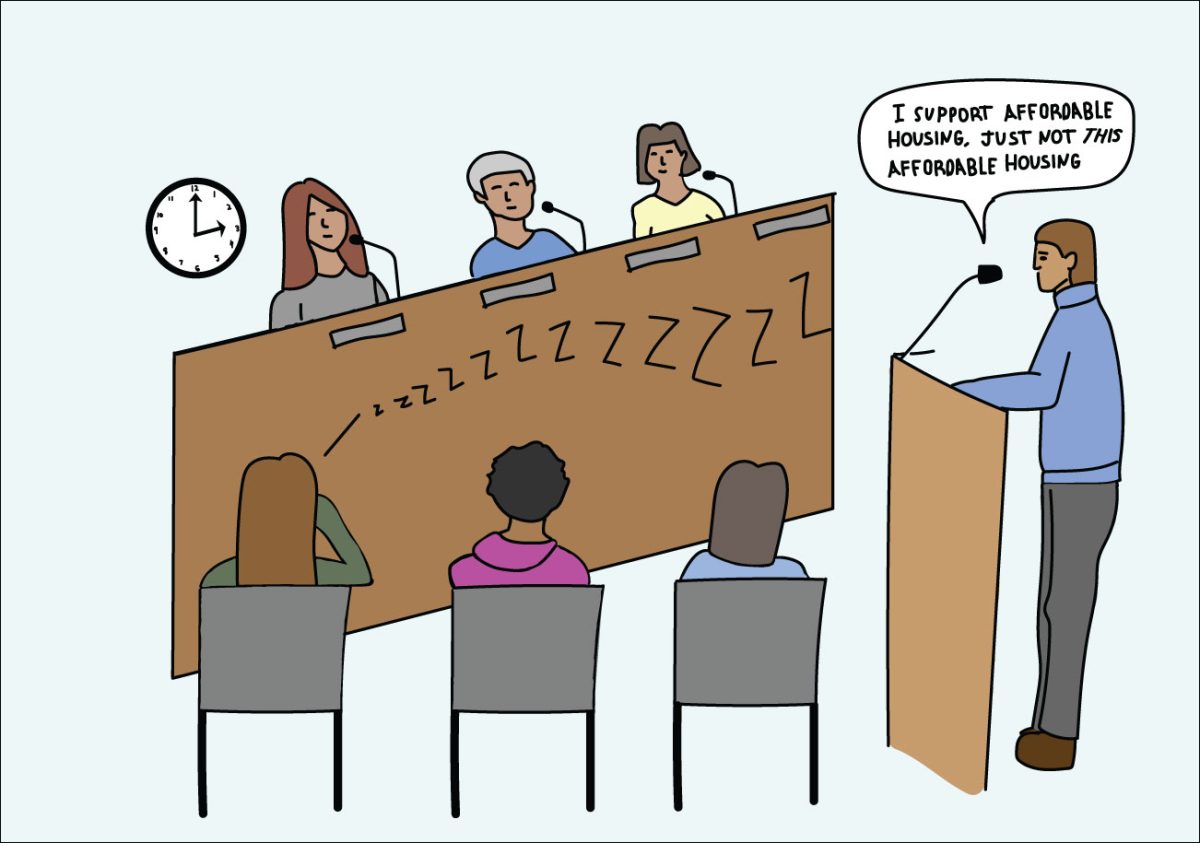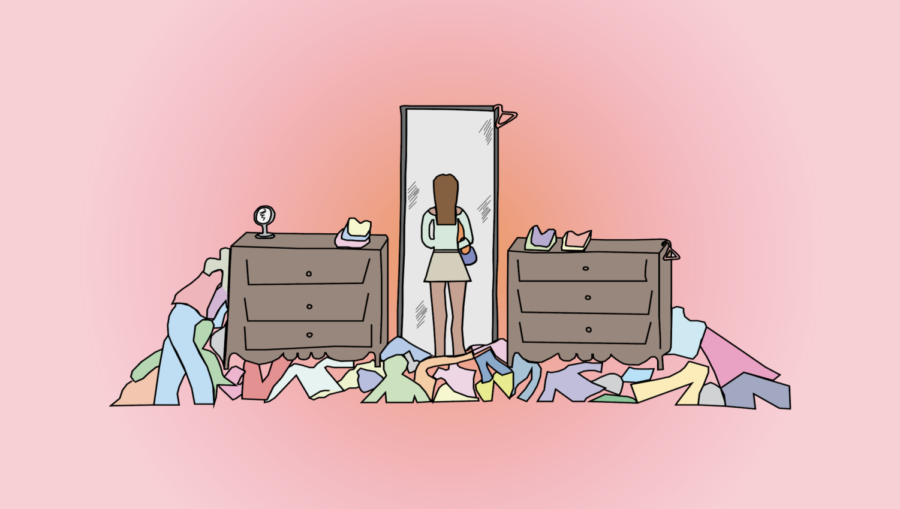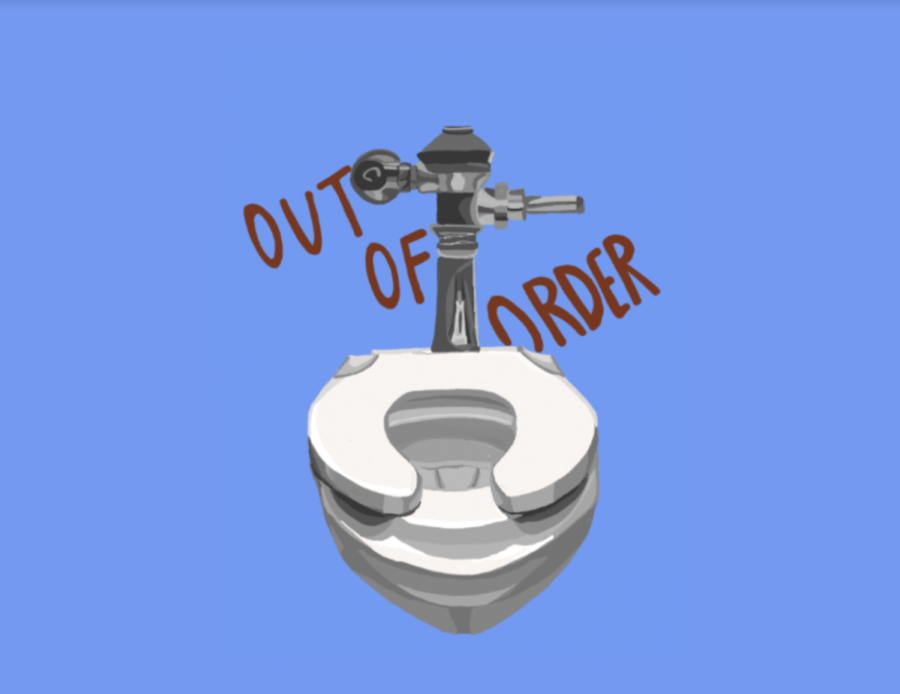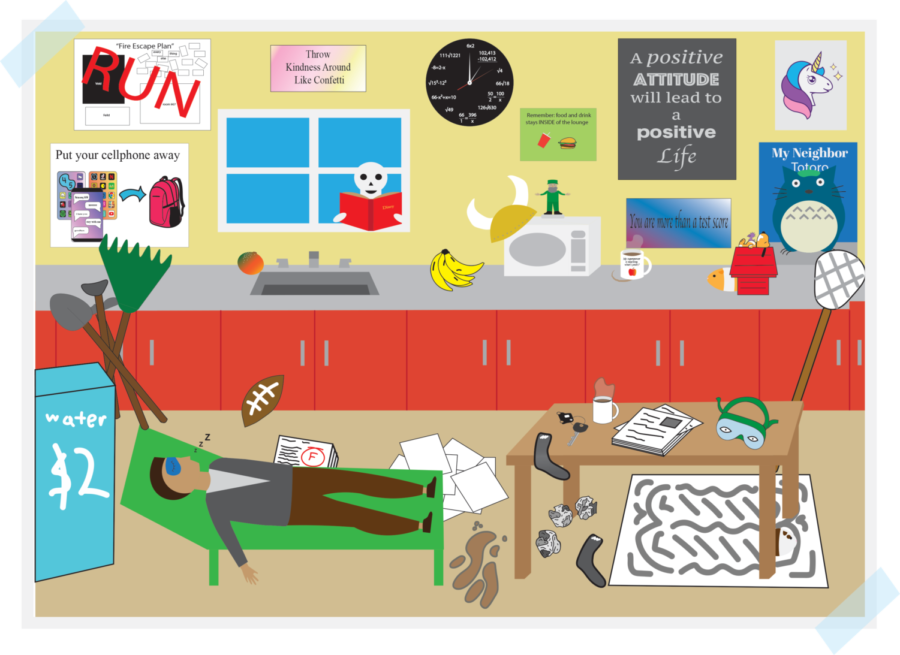On Dec. 14, the Federal Communications Commission (FCC) will vote on a proposal by the Chairman, Ajit Pai, that would remove restrictions requiring internet service providers to treat all web content equally. If passed, this proposal will not only be dangerous for free speech, but harmful to every consumer and business who uses the internet.
When you drive on a road, turn on the tap, or flip a light switch, you have access to these services through a concept called “common carriage” — the idea that these are essential public services that can be regulated by the government. This power exists because these services, even though they may be provided by private companies, use public rights-of-way. To extend this concept to the internet, the phrase “net neutrality” was coined in 2003 by Tim Wu, a professor of media law at Columbia University.
The issue of net neutrality has been fiercely debated over the last decade. Since Feb. 26, 2015, broadband internet has been classified as a common carrier by the FCC and been protected from manipulation. If Pai’s proposal passes, this will no longer be the case, and internet service providers will be able to impose fees on arbitrary groups of websites, throttle speeds and charge content providers fees to deliver their content at the speeds they do now.
For users of video streaming websites such as Youtube and Netflix, the end of net neutrality could have a serious effect. According to a study by the broadband company Sandvine, video streaming takes up over 70 percent of internet traffic, making it a prime target. Previously, in 2014, Comcast began slowing down Netflix’s content on their networks and demanded a fee to speed it up. The two parties eventually reached an agreement and speeds increased; however, this serves as a preview for what could happen on a much wider scale if net neutrality is repealed. This could mean the death of smaller websites that are unable to pay up or lower resolution content and longer load times.
Giving private companies control over what content is distributed on the internet could also have serious effects on free speech. The internet now plays an essential role in political organization and discussion. Over the last decade, the web has become our forum, our discussion table, and our podium. All of this relies on a free platform, something which repealing net neutrality jeopardizes.
Internet service providers argue that because video streaming services use more bandwidth, it is only fair that they should be able to charge those services to deliver their content. This argument, however, ignores the basic structure of the internet. Any time a website including streaming services, like Google or Netflix, sends content to a user, it is because that user sent a request. That user is already paying for a certain amount of bandwidth, and included in that is any content requested. Turning around and charging the content providers is effectively “double dipping” — trying to charge twice the amount for carrying the same traffic.
Let’s keep the internet open and fair. Take action and sign a petition or call your representatives today, and tell them who the internet really belongs to — its users.


